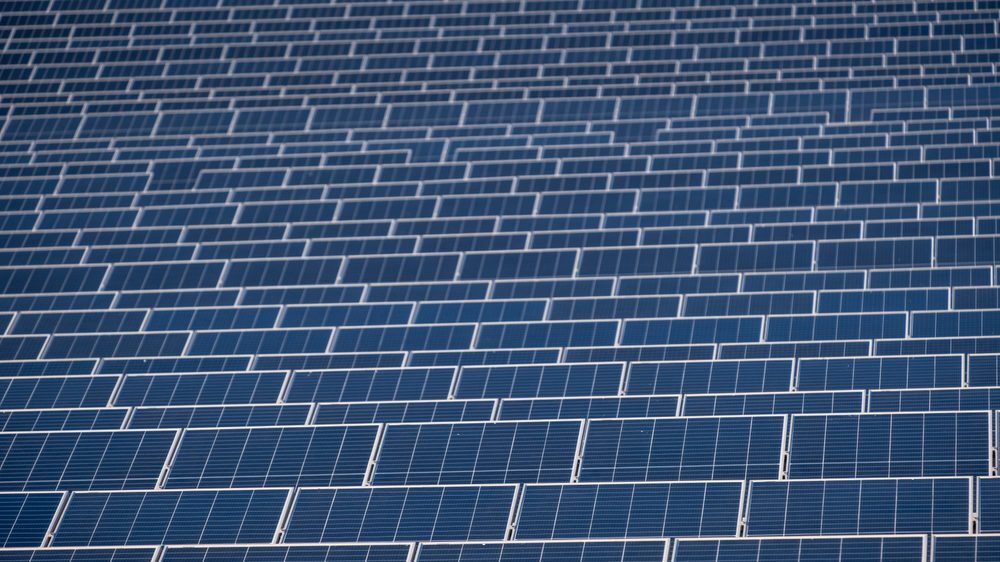
A Spanish court has ruled that the Spanish energy company Iberdrola has to return half the land of a massive 1,000-hectare solar park to the owner from whom the company had expropriated more than 500 hectares of land to create it.
Iberdrola’s Nuñez de Balboa solar park in the southeastern region of Extremadura spans the equivalent of 1,000 football stadiums, covered with 1,430,000 photovoltaic panels installed on 288,000 foundations weighing a total of 12,100 tons. Constructed in record time by 1,200 workers, it went online in 2020 with a capacity of supplying solar energy to 250,000 homes by producing around 832 GWh each year. It’s Europe’s most powerful solar park, according to El Mundo, and was financed with around €290 million by the European Investment Bank and the Official Credit Institute (ICO), fronting €145 and €140 million, respectively.
Half of the land for the installation was, or is, 525 hectares owned by Santos Lázaro Arias. He had, El Mundo reports, initially granted the company use of the land through a 25-year lease.
But Iberdrola wanted more, claiming it should be able to own the land on the grounds that it was public property, according to El Mundo. Various public administrations had sided with Iberdrola and title on the land was given to the large energy company. The judge, though, found the move unjustified.
For the Extremadura court, “there is no basis whatsoever to request the expropriation of some farms when months before their availability was ensured through a lease for a period of 25 years,” the ruling stated, adding that the “request for expropriation lacked cause or justification to deprive the owner of property right”
The judge declared the expropriation null and void and added a word for the energy company: “The action (of Iberdrola) is surprising. Nonsense has no name.”
The ruling noted the trick pulled by Iberdrola. Almost simultaneously with requesting to expropriate the land, it made a unilateral offer to the landowner to buy the land for €3,338,314.92 and argued that an agreement on a fair price for the land couldn’t be reached by the two parties.
The landowner’s lawyer noted in statements to the press that Iberdrola had counted on having the support “of the public administrations” in its dealing with the landowner, and that the expropriation is, in the end, done by the state.
“The big ones always believe that they can eat the small ones,” she said.
Iberdrola is, of course, appealing.
